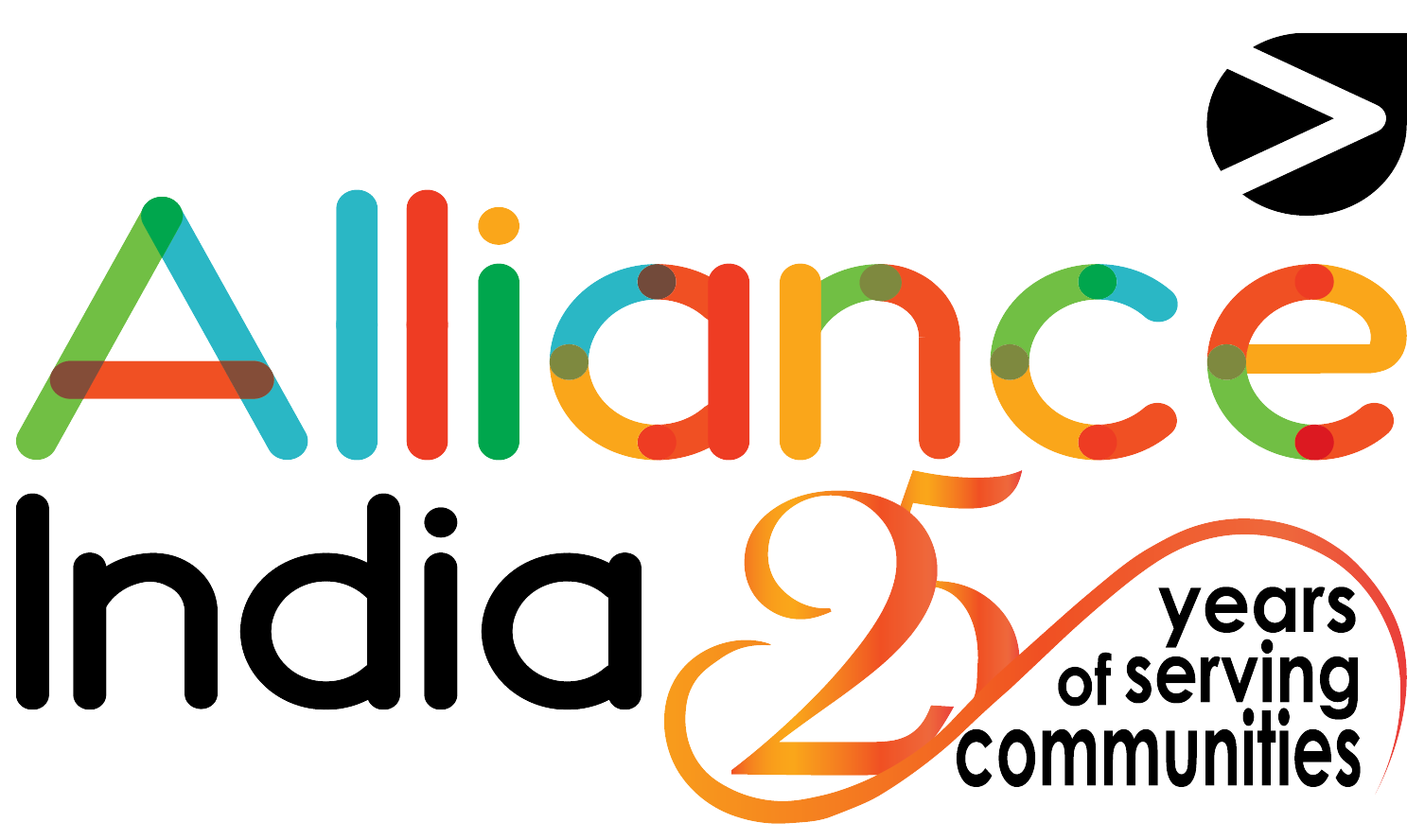Leave a Reply Cancel reply
Other Recent Articles
- Youth Voices: Life with HIV in Contemporary India 26 September, 2023
- Empowering Transgender Community to create an Equal World 20 July, 2023
- Combating Stigma and Discrimination Among People Living with HIV 7 July, 2023
- Understanding the Significance of HIV Testing: Impact on Individuals, Relationships, and Society 22 June, 2023
- Empowering Lives during Unrest l Our Commitment to Manipur 5 June, 2023
- Empowering the Transgender Community: Alliance India Initiates Transgender ID Card Registration Drive 17 May, 2023
- The Struggle of Embracing Identity- International Day Against Homophobia, Transphobia and Biphobia 17 May, 2023
- Innovaccer Provides Support to Ensure Quality Health Services to Children Living with HIV 5 May, 2023
- The Essential Role of Social Protection Schemes for People Living with HIV 13 April, 2023
- Marriage is only between a biological male and biological female,” Centre tells Supreme Court 14 March, 2023
- Made by Nicdark - Copyright 2020
- donations@ong.com
- volunteers@ong.com
- contact@ong.com
India HIV/AIDS Alliance (Alliance India)
A not-for-profit Section 8 Company with Registration No: U85310DL1999NPL098570
Alliance India is committed to hear your grievances regarding our programmes. Please write to us at grievances@allianceindia.org. We will respond to you in a timely manner.
Contact
-
6, Community Centre
Zamrudpur Kailash Colony Extension
New Delhi – 110048 - +91-11-4536-7700
Download
Quick links
©2021 All Rights Reserved by Alliance India


The Other Epidemic: Gender-based Violence in India
The world has watched over the past weeks as India has struggled to address the causes and consequences of sexual violence, an all too common part of life in this country. The horror of the December 16th rape and murder in New Delhi has not diminished, its brutality a reminder in extremis of our collective failure to respond to male violence in its myriad manifestations.
If there is any good that can come out of this grim demonstration of humanity’s darkness, it is the emerging movement to speak publicly about the culture of rape, harassment and discrimination that limits and destroys the lives of too many Indians. The government’s response so far has done little to build confidence that change will come quickly.
In the past, the standard and accepted reaction of the government and its institutions responsible for public safety and security has been inaction or worse. Of the more than 600 reported rapes in Delhi during 2012, only one so far has been successfully prosecuted. In Punjab, the police response to a young woman’s efforts to report her rape so diminished her that she ended her life rather than face further humiliation.
While tempting and indisputably true, we must do more than simply blame men. Men must change, of this there can be no doubt, but if we really seek transform society, we need to make peace with the complexity of gender and sexuality. Too often gender and sexuality are framed in a static male-female binary. Few if any of us can honestly say that we don’t routinely encounter variations. Yet these variations are ridiculed and criminalized for failing to adhere to the established norm.
Consequently, far too many lesbian, gay, bisexual and transgender (LGBT) people in India live lives of secrecy and shame. Those who reveal their sexual identities or who deviate from gender norms face social rejection, economic marginalization, and physical violence—by now a familiar litany of consequences for not being a heterosexual male.
If we are to address sexism in India and the violence against women and girls that it generates, we cannot ignore its connection to homophobia and transphobia. Though not identical, they are fellow travelers. Misguided ideas about male heterosexual power and privilege allow men and boys to claim control over the lives of those whose sexuality and gender are different from theirs.
Gender-based violence is an epidemic facing India and the world, and like AIDS, it will require a sustained and committed effort to overcome. Attitudes must change. We must never tolerate violence against women and girls. We must never be blind to gender’s diversity. We must never excuse or accept any violence based on gender or sexuality, and we must never step away from our responsibility to speak, to act and to end this epidemic.
_____________________________________________________________________
The author of this post, James Robertson, is Country Director of India HIV/AIDS Alliance in New Delhi.